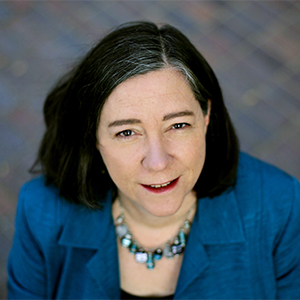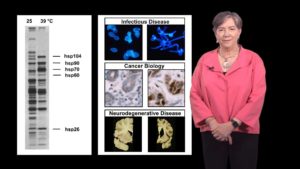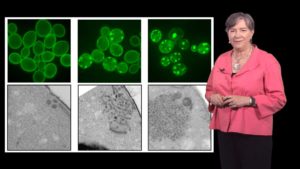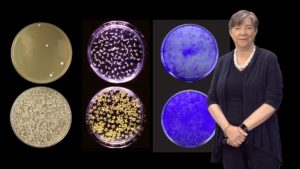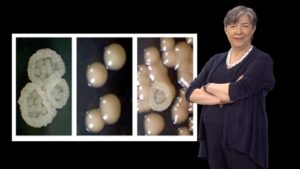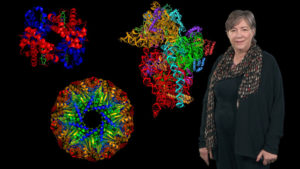Susan Lindquist was a member and former Director of the Whitehead Institute for Biomedical Research. She was also a Howard Hughes Medical Institute Investigator and Professor of Biology at the Massachusetts Institute of Technology. She received her Ph.D. in biology from Harvard and was a postdoctoral fellow of the American Cancer Society. Lindquist was on the faculty of the University of Chicago for over 20 years before moving to MIT in 2001.
A pioneer in the study of protein folding, Lindquist found that the chaperone Hsp90 potentiates and buffers the effects of genetic variation, fueling evolutionary mechanisms as diverse as malignant transformation and the emergence of drug resistance. Her work established the molecular basis for protein-based mechanisms of inheritance and she demonstrated that Hsp90 and prions each provide distinct but feasible mechanisms of Lamarckian inheritance.
Dr. Lindquist was an elected member of the National Academy of Sciences, the Academy of Medicine and the Royal Society. Her honors also included the Dickson Prize in Medicine, the Otto-Warburg Prize, the Genetics Society of America Medal, the FASEB Excellence in Science Award, the E.B. Wilson Medal, the Vanderbilt Prize for Women’s Excellence in Science and Mentorship and the National Medal of Science. Learn more about Susan Lindquist’s research here.
Dr. Lindquist was a great scientist and a long time supporter of iBiology and we were deeply saddened to learn of her death from cancer in October 2016.
